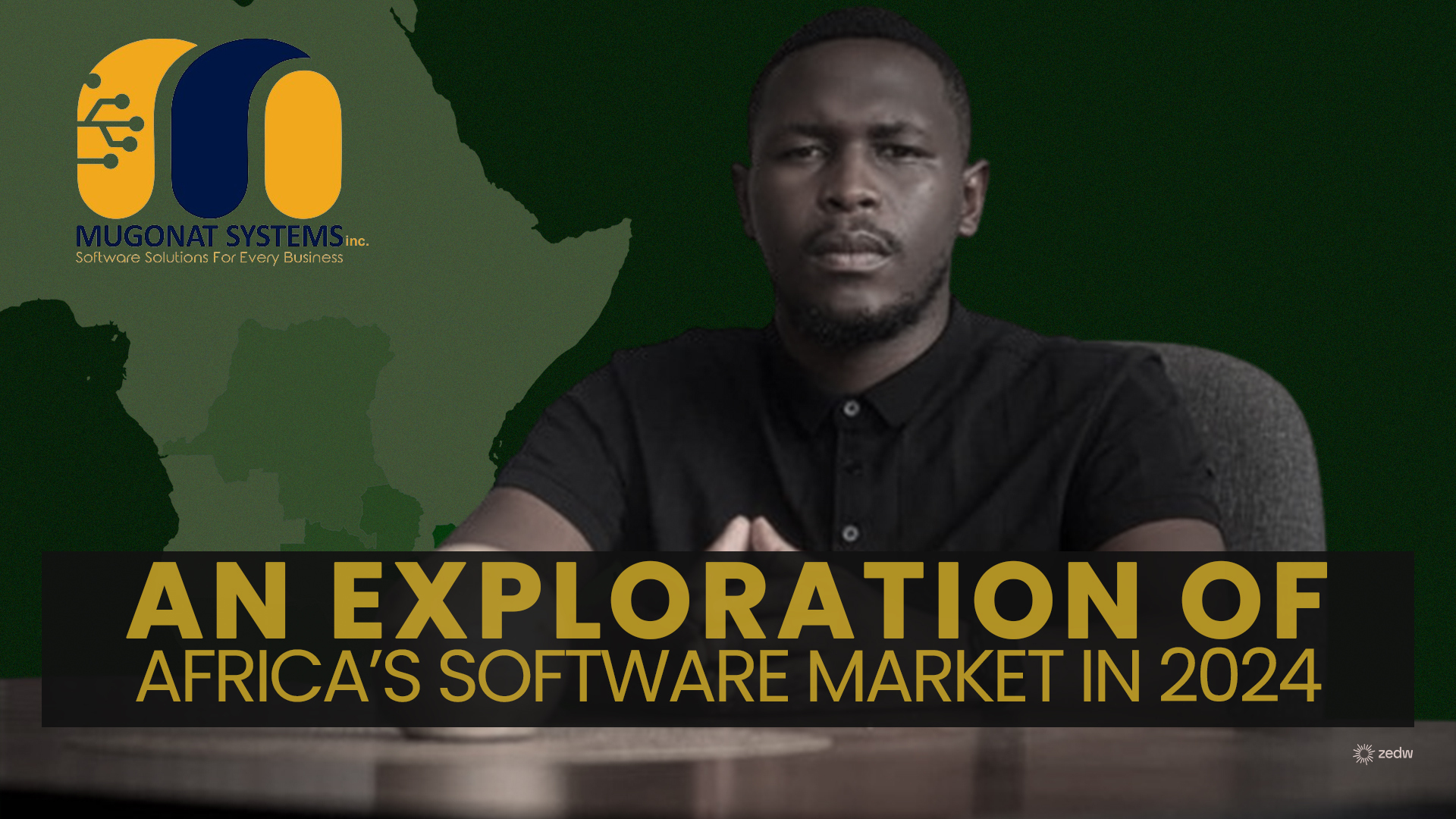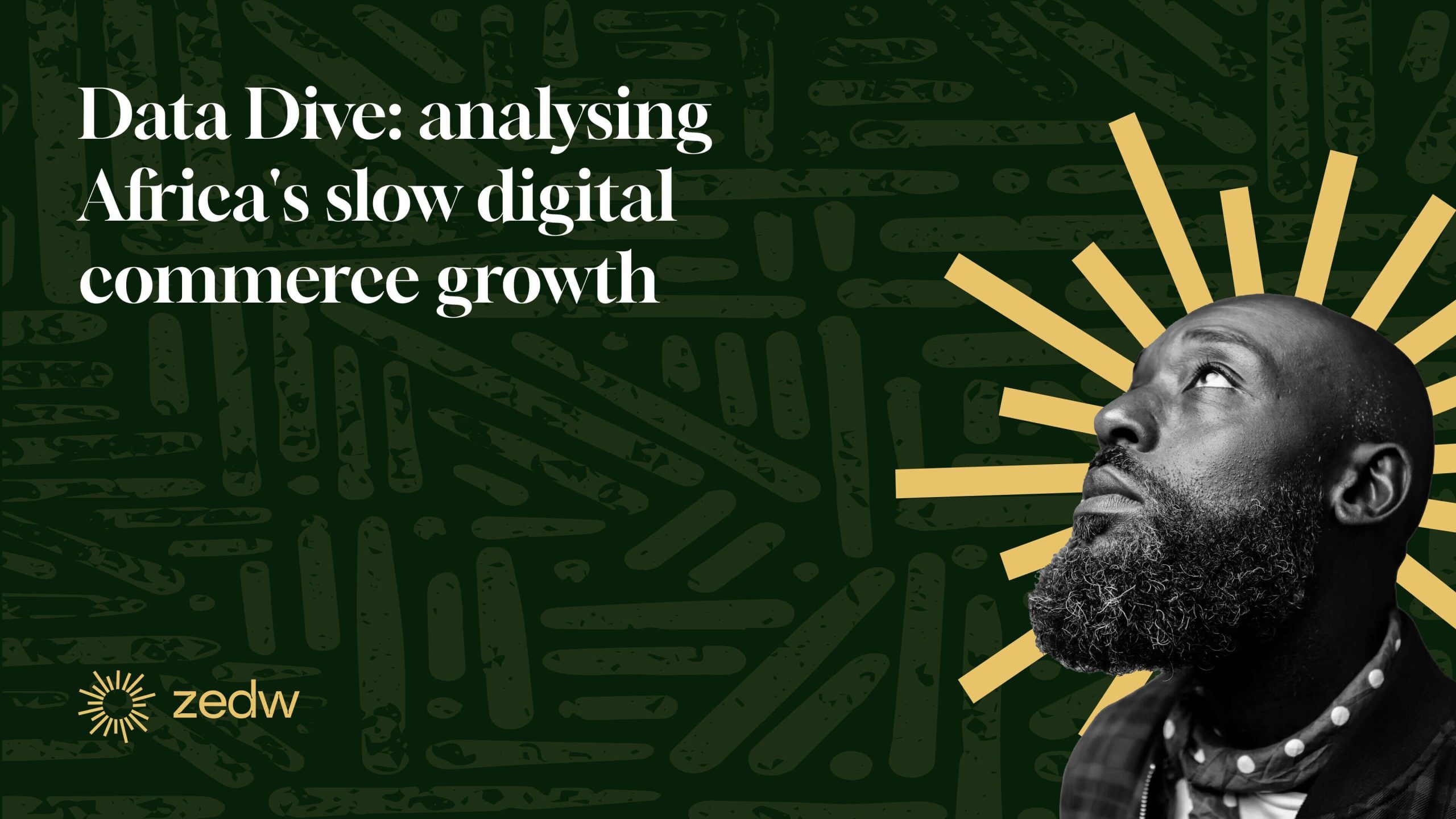Going into 2024, Africa’s software market is projected to generate US$8.62 bn. Comparatively, the USA is expected to generate US$353.5bn during the same period – a seismic 41x differential.
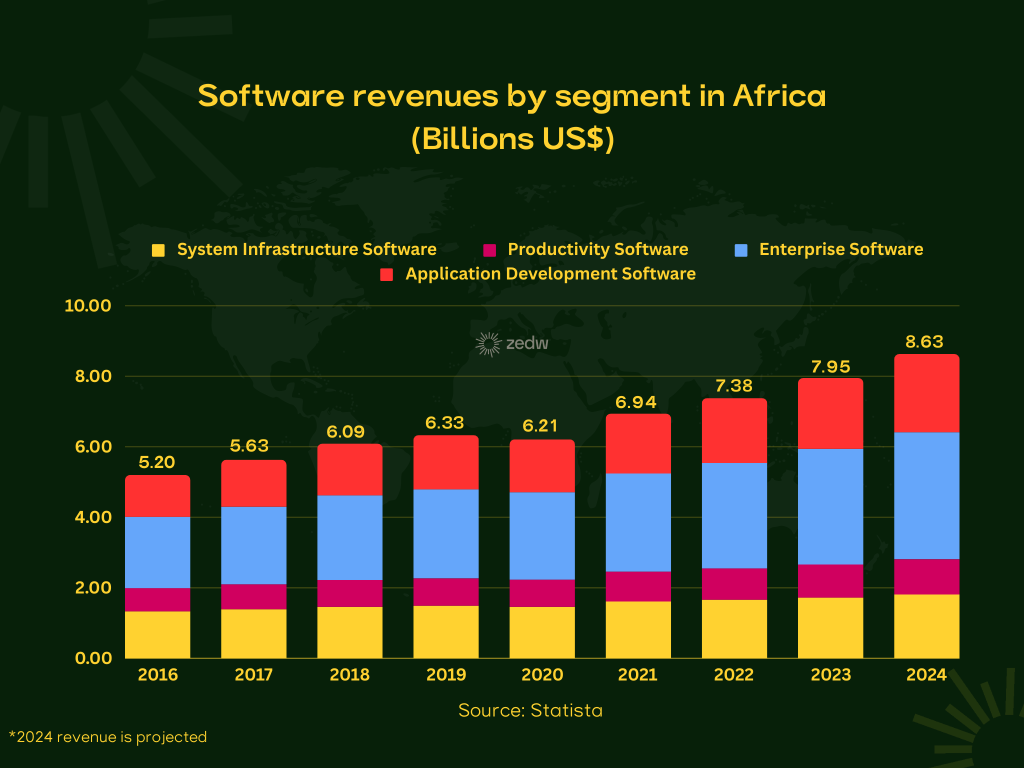
To try and contextualise the nature of Africa’s software industry, we interviewed Njabulo Sandawana, a Business Development executive at Mugonat Systems – a Zimbabwe-based but Africa-facing software development firm established in 2015.
Our interview explored a variety of topics including the unique opportunities and challenges of providing software development services on the continent, customer acquisition pipelines for software companies and more…
dotzedw (dz): How does Mugonat Systems solve the unique challenges faced by businesses in Zimbabwe and Africa in your approach to software development?
Mugonat Systems (MS): At Mugonat, we understand that businesses in Africa face unique challenges when it comes to software development. Budget constraints, talent acquisition and infrastructure limitations are a few examples. That’s why we have developed a flexible and modular approach to software development, tailored to the specific needs of African businesses.
Our solutions are designed to be highly customizable, so businesses can adapt them to their unique landscape and operations. Additionally, we prioritise collaboration and cooperation with local partners and stakeholders, to ensure that our solutions are culturally and contextually relevant. By taking a holistic and sustainable approach to software development, we help businesses in Zimbabwe and Africa to overcome their challenges and achieve their goals.
dz: What are some of the differentiators that set Mugonat Systems apart from other software companies locally or regionally?
MS: Various elements distinguish Mugonat from other software companies in the region. For starters, our focus on adapting our solutions to the specific demands of African businesses allows us to produce solutions that are more effective and efficient than those supplied by other providers.
Secondly, our flexible and modular approach to software development allows us to adapt to changing business needs and environments, providing a higher level of agility and responsiveness than traditional software companies.
Finally, our collaboration with local partners and stakeholders ensures that our solutions are culturally and contextually relevant, which is essential for success in the African market.
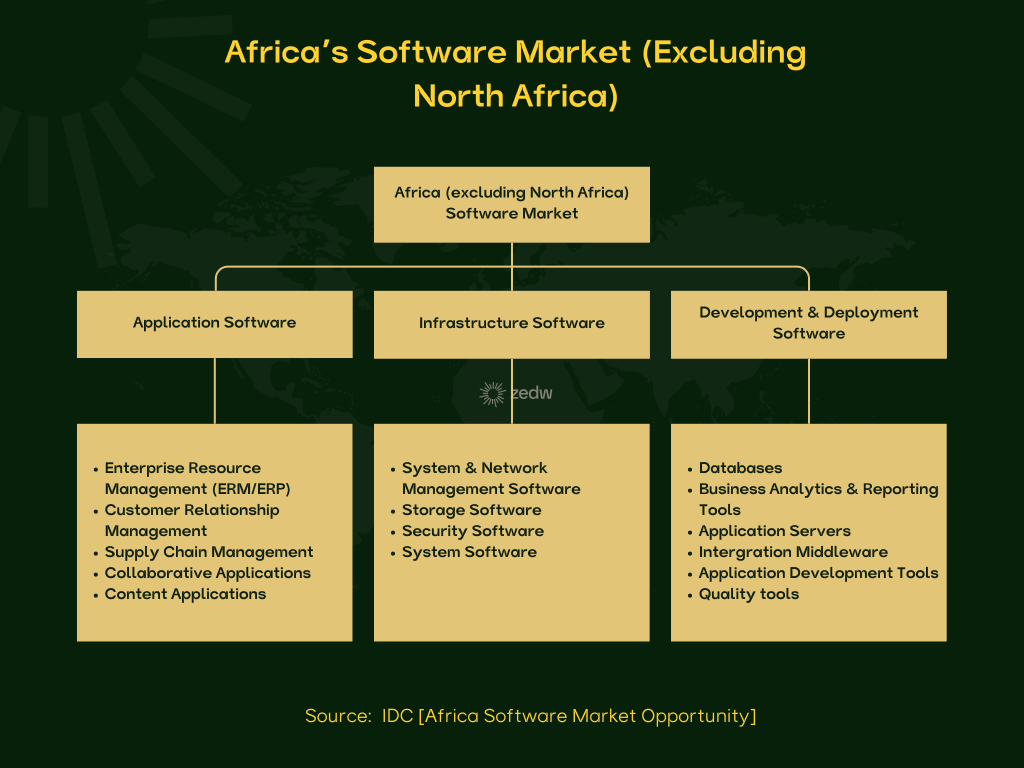
dz: How does NatSuite, designed for Africa, cater to the specific needs of African businesses compared to other enteprise resource planning (ERP) softwares?
MS: Traditional one-size-fits-all systems/platforms simply don’t work for African markets – we need solutions built from the ground up with local needs in mind. That’s why we created the NatSuite ERP, specifically designed to provide businesses complete control over their technology while paying for only the capabilities and modules they use. Our modular strategy means that businesses only pay for what they need, resulting in no wasted investment. This flexible approach eliminates overspending on unnecessary features and allows businesses to scale up their operations without incurring exorbitant costs.
dz: What are the biggest technological trends impacting businesses in Africa, and how is Mugonat Systems preparing for them?
MS: The most significant technological trends impacting businesses in Africa include the accelerated shift towards digitalization, spurred by the COVID-19 pandemic, and the evolving landscape of various sectors and industries. Companies increasingly recognise the importance of digitalisation as a strategic advantage, leading to a surge in demand for robust technological infrastructure.
Here at Mugonat Systems, we pride ourselves on being at the forefront of these trends. Take our Cashlinq product, for instance. Banks are no longer just brick-and-mortar institutions; they’re going digital, striving to bridge the gap in financial access.
That’s precisely why Cashlinq exists. It’s our answer to the call for scalable and adaptable solutions that empower banks and fintechs in Africa. We’ve engineered it to be flexible, modular, and tailor-made for the unique needs of this vibrant continent. With Cashlinq, banks can build and launch innovative digital banking products, revolutionising the way they serve their customers. It’s like a digital banking wallet that fits like a glove, providing the necessary tools to navigate the ever-changing landscape of the financial world.
We’re actively preparing for the future, keeping a keen eye on sector-specific trends, and ensuring that our clients are equipped with the best tools to navigate this ever-evolving business landscape. We’re in it for the long haul, my friend, embracing the winds of change and using them to propel us forward. As the saying goes, “The only way to predict the future is to create it.” And that’s exactly what we’re doing.
dz: What are the main challenges and opportunities for software development in Zimbabwe/Africa?
MS: One of the biggest challenges we face in Zimbabwe and across Africa is access to top talent. It’s no secret that many of our best and brightest software engineers end up leaving the continent, drawn by opportunities elsewhere. This “brain drain” makes skilled talent acquisition difficult.
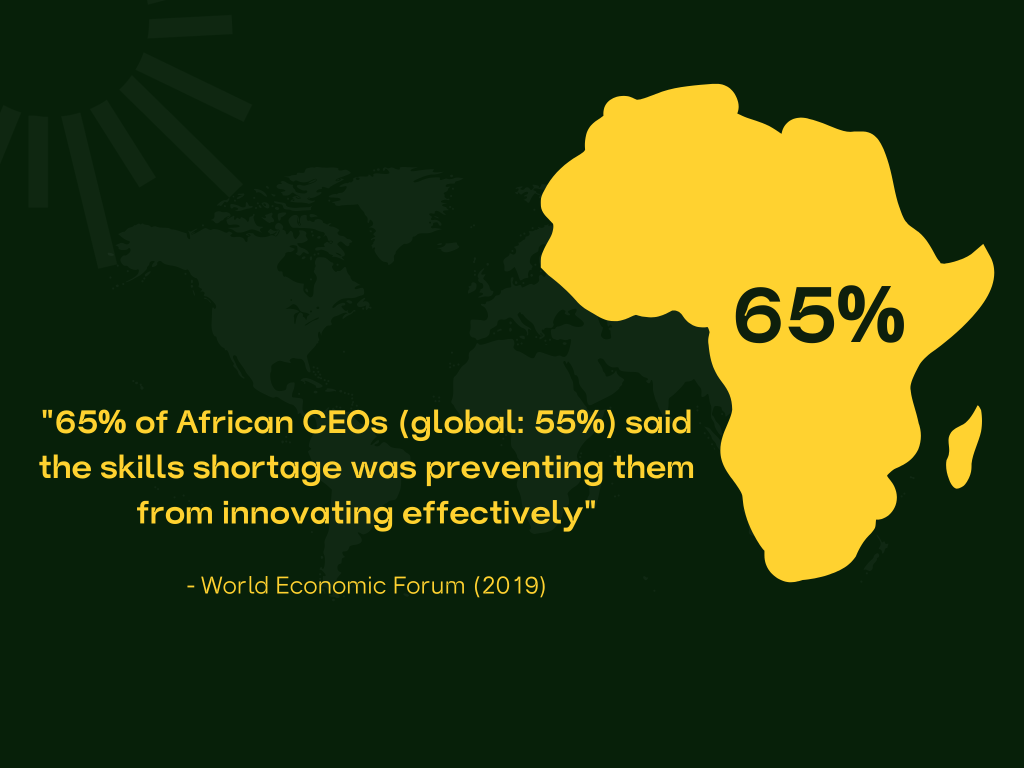
Another hurdle is infrastructure – unreliable electricity, poor internet connectivity, and other constraints don’t make innovation easy. However, we see these challenges as opportunities in disguise. They motivate us to think creatively about how we can develop world-class solutions despite real-world limitations. By contrast, outsourcing development overseas comes with its own set of disadvantages. Things like managing across time zones, and language barriers, and ensuring quality can introduce problems that end up costing more.
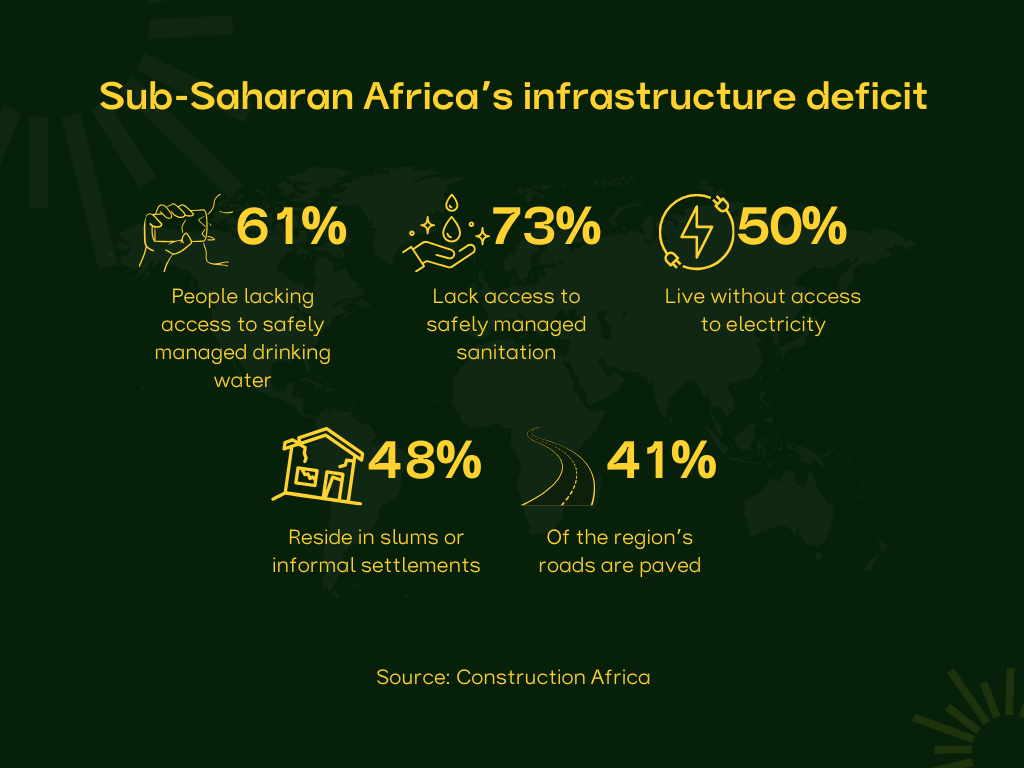
That’s why the biggest opportunity is for local African firms to rise to the challenge. We have an innate understanding of cultural and business contexts here that outsiders struggle with. And by tackling problems from the inside, we can deliver optimised, cost-effective solutions customised for local realities. Both large enterprises and consumers need software built for the African user. There is massive potential for African tech companies to fill this gap and strengthen our economies in the process. The competitive edge we gain from local market expertise is huge. With talent, commitment and community focus, we believe the future is bright for software “Made in Africa, for Africa”.
dz: Corporates in Zimbabwe often complain about the competency of graduates entering the workforce – is this a problem you’re facing when recruiting software engineers? If yes, how have you gotten around it?

MS: It’s true that many corporates express concerns about graduates’ readiness to contribute immediately. However, I think the issue is more nuanced than it’s often portrayed. It’s not just about academic institutions equipping students with the necessary skills. The private sector plays a crucial role too, through internships and partnerships that offer real-world, applied learning opportunities. It’s all about taking a cooperative and solutions-oriented approach.
A prime example of such a collaboration can be found in Silicon Valley, where Fred Terman, known as the “father of Silicon Valley,” played a pivotal role in linking academia and the private sector. This connection contributed significantly to the growth of Silicon Valley and the establishment of the famous Stanford Industrial Park. In my view, it’s a shared responsibility among all stakeholders to bridge the skills gaps.
dz: What are some of the trends and developments that you are following or anticipating in the software industry?
MS: The software industry is developing at an astonishing pace, and it’s exciting to see the trends emerging. Advances in AI are particularly fascinating – some experts believe we may reach a point where machines surpass human-level intelligence within the next 5-7 years. Ray Kurzweil predicted as early as 2005 that this “Singularity” would occur around 2029. While timelines are hard to pin down, the progress we’re seeing on capabilities like conversational AI, computer vision and robotics suggests the date may not be far off. Here at Mugonat, we’re already seeing signs of how AI can augment human capabilities. Tools integrating machine learning are empowering developers to work faster and smarter. Chatbots like ChatGPT and code assistants like Github Copilot are demonstrating how AI can substantially boost productivity for engineers.
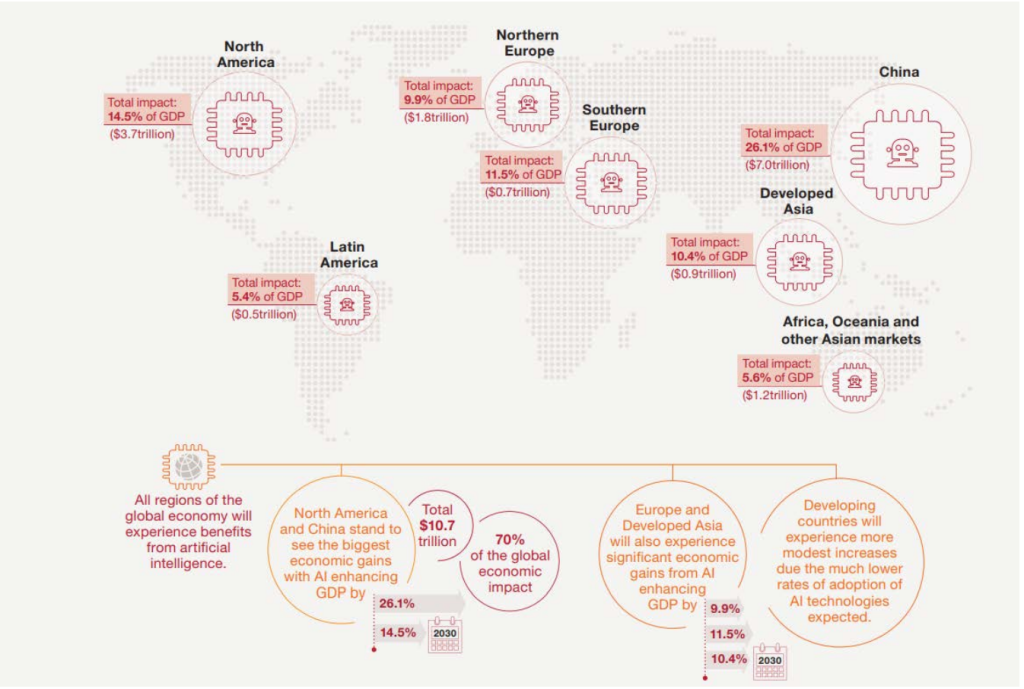
Source: PwC Analysis
As these types of AI-assisted technologies become more advanced and available, we expect productivity gains will only accelerate further across the industry. Software development is also being transformed as AI is increasingly woven into core products and services themselves.
It’s tremendously exciting to be in the field at a time when new paradigms like this are emerging. Our mission is to harness these innovations responsibly to build solutions that uplift lives and businesses across Africa. The next decade promises to bring advances that may vastly exceed even our boldest expectations today.
dz: What are some of the projects that you are most proud of and why?
MS: We are incredibly proud of several projects we’ve developed, but few that stand out are Cashlinq, RocketPay, Allos, NatSuite, Finmaze, Lumeni.AI [fraud detection , churn prediction KYC..etc] and Dokflow. They embody our commitment to serving businesses of all sizes and industries because we believe that everyone deserves access to top-notch software solutions.
Lets zone in on two. First, let’s talk about Cashlinq. This intricate digital banking wallet system is a game-changer for large institutions like banks and fintechs. It’s the backbone of their financial services, providing a solid foundation for them to build and launch innovative products. What makes Cashlinq truly special is its flexibility and modularity, which gives fintechs the power to create cutting-edge solutions. We take immense pride in knowing that Cashlinq is fueling innovation, and empowering fintechs to push the boundaries of financial technology in Africa. It’s like a spark that ignites a fire of innovation.
Now, onto ROCKETPAY POS, a user-friendly and affordable point of sale (POS) system that is tailored specifically for small to medium retailers. This solution is a game-changer for SMEs, offering comprehensive stock management and reporting features at a price point that’s accessible to them. We’re thrilled to witness the growing popularity of ROCKETPAY POS among small and medium businesses, as it simplifies operations and allows entrepreneurs to focus on what truly matters – growth and expansion. It’s like a trusty companion that helps these businesses reach for the stars.
Both Cashlinq and ROCKETPAY POS exemplify our unwavering dedication to providing adaptable, secure, and efficient software solutions that cater to the unique needs of African businesses. We’re not just in the business of creating software; we’re in the business of empowering businesses. So, when people think about Mugonat Systems, they should think of a partner that’s fiercely committed to their success. As the saying goes, “Your success is our success.” And we truly believe in that.
dz: Customer acquisition tends to be a pain point for many companies in our region given that demand for technology-related services/products is relatively low compared to more developed countries. How have you gotten around this problem?
MS: We’ve made it our mission to truly understand the unique needs of African businesses. We know that one size does not fit all, and that’s why we offer flexible pricing options. Our mantra, “Software for every business,” isn’t just a catchy phrase; it’s a commitment to serve both small and medium enterprises (SMEs) and large enterprises alike.
We believe that access to powerful software solutions shouldn’t be limited by budget constraints. Take our ROCKETPAY POS system, for instance. We’ve made it available at an incredibly affordable price of just $10 per month. Yes, you heard that right. We’re making sure that even small and medium retailers can benefit from a top-notch point-of-sale system without breaking the bank. It’s like a golden opportunity for SMEs to level up their operations without worrying about hefty costs.
But that’s not all. We’ve recently introduced the Mugonat Systems Partner Network program. This initiative empowers businesses like yours to not only use our software solutions but also become our partners. By joining our network, partners get the chance to sell and refer our innovative software solutions across various industries. It’s like having a whole army of professionals and companies spreading the word about the value we bring. Through this robust partnership program, we aim to expand our reach and ensure that our tailored and cutting-edge software solutions can benefit an even wider range of clients.
So while customer acquisition may be a challenge, we’ve got the tools and strategies to overcome it. With our focus on the unique needs of African businesses and our flexible pricing options, coupled with the power of our Mugonat Systems Partner Network program, we’re determined to bring technology-driven tools to enhance your operations and bring value to African businesses.
dz: Mugonat Systems recently announced a Systems Partner Network program – what is the program and what problem are you looking to solve with it?
MS: As Mugonat Systems we are proud to introduce our Systems Partner Network program, an initiative designed to empower businesses by enabling them to sell and refer our diverse range of software solutions across various industries. Members of our Partner Network gain exclusive access to a comprehensive portfolio of software solutions designed to meet the unique needs of businesses in sectors such as banking, insurance, finance, retail, and more. From enterprise-grade business applications to digital banking wallets, AI-powered fraud detection systems, insurance and document management solutions, we’ve got it all.
By leveraging these cutting-edge solutions, our partners can offer their clients a seamless and all-encompassing experience. We believe in the power of providing a one-stop shop for businesses, ensuring that they have access to the most innovative and advanced technology available in the market. It’s like having a treasure trove of solutions at your fingertips, ready to be shared with your clients to drive their success. The Systems Partner Network program is our answer to the challenges faced by businesses in acquiring technology-related services and products. By building a strong network of partners, we can expand our reach and ensure that our state-of-the-art software solutions benefit a broader range of clients.

